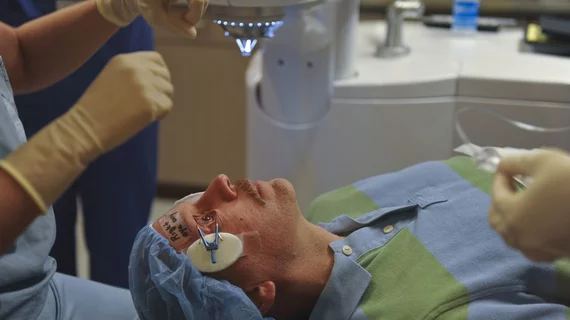Machine learning heads off unwise eye surgeries
Eyesight researchers have developed a machine-learning architecture whose best model, an ensemble classifier, achieved 93.4% accuracy in separating good candidates for corneal refractive surgery from patients likely to have post-surgery complications or poor outcomes.
The model performed much better than conventional screening methods and as well as highly experienced ophthalmologists who participated in the research.
The full study was published with open access in npj Digital Medicine.
Senior author Tyler Hyungtaek Rim of Singapore Eye Research Institute and colleagues trained five algorithms to identify appropriate surgery candidates.
From these overlapping tools they built the high-performing ensemble classifier, training it on corneal tomography images, demographics data and data from other ophthalmic examinations of more than 10,000 patients.
The team internally validated the approach on data from more than 2,600 patients and subsequently validated it externally using data from more than 5,200 patients who received screening exams after the architecture’s development period.
“Our proposed machine learning model is expected to perform reliably because it was trained by a large population,” the authors concluded. “An automated analysis of preoperative data can provide a safe and reliable clinical decision for refractive surgery. In the future, this approach will facilitate standardized and automated selections of surgical choices.”

